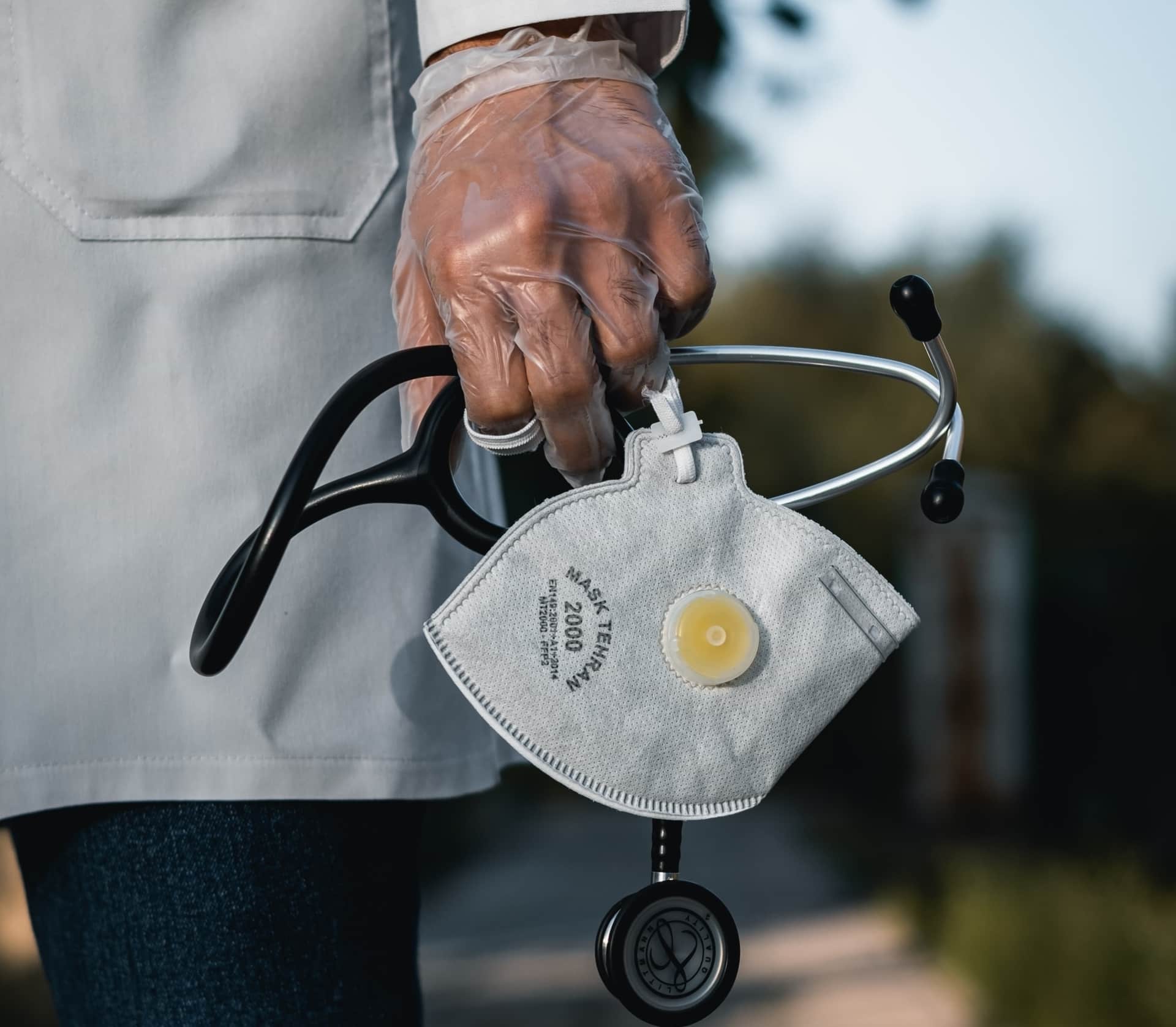
Many people struggle with inflammatory bowel disease (IBD) to varying degrees. Depending on the severity of the condition, you may be wondering when IBD becomes serious enough for colorectal surgery. This is often a last resort with physicians preferring to try medications and lifestyle changes to alleviate symptoms.
But these treatments don’t always work. In these cases, your doctor may recommend colorectal surgery to treat your IBD. While the cause of IBD is unknown, colorectal surgery can help eliminate your IBD or send it into remission for a time.
To understand when IBD is serious enough for surgery, we’ll look at:
- Causes and symptoms of IBD
- What is IBD?
- Surgery for inflammatory bowel disease
IBD can take a major toll on your life. It may not be your doctor’s first choice, but understanding when surgery for IBD becomes necessary can help you plan and know what to expect if it does.

Causes and Symptoms of IBD
Unfortunately, we don’t currently know what causes IBD, but we do know that it’s the result of a defective immune system. When working properly, your immune system will attack invading organisms such as bacteria and viruses in order to protect your body.
This isn’t what happens if you have IBD. Instead, your body misreads environmental triggers and responds with inflammation in your GI tract. Genetics may also play a part if you have the condition. It’s been observed that people with IBD tend to have a family history of the disease.
IBD can reveal itself in different ways. What’s more, symptoms can vary depending on how severe it is and where it’s located in your body. Your symptoms could be milder or more severe than another person living with IBD and they may even become inactive for a while after flare-ups.
Common IBD symptoms include:
- Fever
- Abdominal cramps or pain
- Fatigue
- Diarrhea
- Loss of appetite
- Unexplained weight loss
- Bloody stool
Since both conditions fall under the category of inflammatory bowel disease, ulcerative colitis and Crohn’s disease can have similar symptoms. Your physician will be able to help narrow down which you’re experiencing and develop a plan to fight it.
What is IBD?
IBD refers to medical conditions in which patients experience chronic inflammation of the gastrointestinal (GI) tract. If left untreated, continuous inflammation can cause serious damage to your GI tract. IBD itself is an umbrella term for diseases that cause this problem.
While an umbrella term, the two most common types of IBD are:
- Crohn’s disease
- Ulcerative colitis
Although both conditions fall under the umbrella of IDB, there are some important differences between the two.
Crohn’s disease is the inflammation of the lining of your GI tract that usually spreads deeper into the tissue. This can occur at any part of the GI tract, but it usually starts in the small intestine and moves into the large intestine (colon). Affected areas are often patchy with damaged tissue lying next to healthy tissue.
Ulcerative colitis is when inflammation along with ulcers (sores) occurs in the deep lining of your rectum and colon. Unlike Crohn’s, ulcerative colitis is continuous and affects the entire area of tissue starting in the rectum and moving into the colon. It also differs from Crohn’s in that ulcerative colitis affects the deep layers of the colon’s lining rather than affecting multiple layers.
Surgery for Inflammatory Bowel Disease
Your physician will do everything they can to help reduce your symptoms of IBD. At first, doctors will suggest a combination of medication, supplements, and lifestyle changes such as nutrition. The goal here is to send your inflammation into remission since there currently is no known cure.
Unfortunately, these treatments don’t always work. When this happens, colorectal surgery may be your best option.
Colorectal Surgery for IBD
Colorectal surgery (colon-rectal surgery) seeks to treat disorders involving the colon, rectum, and anus. Along with IBD, surgeons are able to treat conditions such as hemorrhoids and colorectal cancer. When it comes to IBD, colorectal surgery is often used to treat conditions such as Crohn’s disease and ulcerative colitis.
Around half of all people with Crohn’s disease will require surgery at some point. While surgery will not cure Crohn’s disease, it can help send the condition back into remission for a while. This is because the surgeon removes the affected part of your digestive tract and reconnects the unaffected tissue. Surgery is also an opportunity to drain abscesses and remove fistulas, which are complications of the disease.
Colorectal surgery has a better chance of stopping ulcerative colitis, but it usually requires the complete removal of your rectum and colon. This procedure is known as a proctocolectomy. This often involves the surgeon creating a new system for eliminating waste using your small intestine and anus. If this isn’t possible, your surgeon can create an opening for waste removal.
Inflammatory bowel disease is a serious medical condition that can greatly impede your life. Surgery is usually a last resort with medication and lifestyle changes being preferred. While surgery can put your IBD into remission, it may require life-altering surgeries and could return. IBD itself inflames the GI tract and can result in conditions such as Crohn’s disease and ulcerative colitis. Since they have similar symptoms, your physician is best equipped to diagnose and prescribe treatment.
Evansville Surgical Associates has been providing comprehensive and compassionate surgical care for over 50 years. Call us at (812) 424-8231 or (800) 264-8231, or email us with any general questions or comments you may have. We are available from 8:00 am to 4:30 pm if you would like to schedule an appointment.



